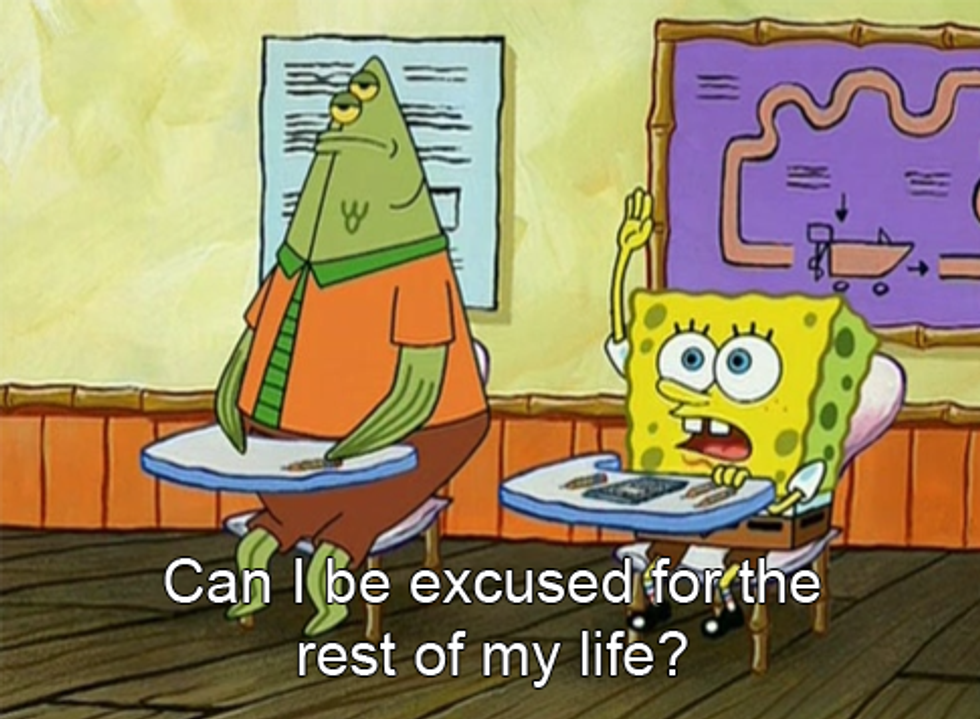Dear middle-aged man who just accused an entire generation of the being the source of world's unsolved problems: your complaints won’t fix the issues you’re griping about.
Millennials, along with the rest of the younger generation have taken a lot of criticism over the last few years: They’re ruining the economy, killing numerous industries, and lack personal responsibility. These comments do hold some truths, however, the blame, if it can be considered as such, is misdirected. Calling out the shortcomings and ‘failures’ of these generations will not impact the state of their victims. In fact, calling them out in the first place may be the cause of their actions or lack thereof. The ‘war on millennials’ is nearing its inevitable end as we approach the second decade of the twenty-first century, and society is preparing itself to turn its annoyances to the next generation. However, with this new generation along with every other post-Millennial generation, fear of accountability is as present as ever. Not necessarily in that these generations are lazy, rather, they are skeptical of their own capabilities, particularly when it comes to communication.
Students: how many of you have ever started a sentence with “I think maybe-”, “I kind of think-”, or even “I almost think that-”? Whenever we, as students, are asked to comment on a given subject, it is *almost* expected for students to approach their answer with a voiced sense of skepticism in their own thoughts. Accountability isn’t necessarily desired, because no one wants to bear the risk of being wrong, which in this case is a synonym of failure. Using terms such as ‘maybe’ or ‘kind of’ or ‘almost’ give an individual a safety net of sorts; if they’re wrong, no one can call them out because they were technically ‘unsure’. Or, in another example, the go to phrase when you run into an acquaintance is “we should get coffee sometime”. The addition of the word “sometime” eliminates the need for a definitive time, meaning that there is no responsibility to actually follow through with the original proposal.
These aren’t problems or faults; they are facts. Though these are small detail within our society, this passive approach within interpersonal relationships and worse still, a higher-level education system, indicates that our future adult generation will be more conservative (disregarding the term’s political affiliations) and take less risks. This opens the possibility of a less progressive society.
Millennials are tired of being told that they are the downfall of what was a well-run society. The fact is, these ‘downfalls’ can’t be fixed by complaining about them. Telling people what they’re doing wrong without any suggestion as to how the problem can be fixed leads to a retreat from the problem rather than an effort to find a solution. So, to all the ‘adultier-adults’ out there: if you want to complain about the antics of the new generations, please, do tell us how we can make your life easier.
Sincerely,
Everyone under the age of 30




















